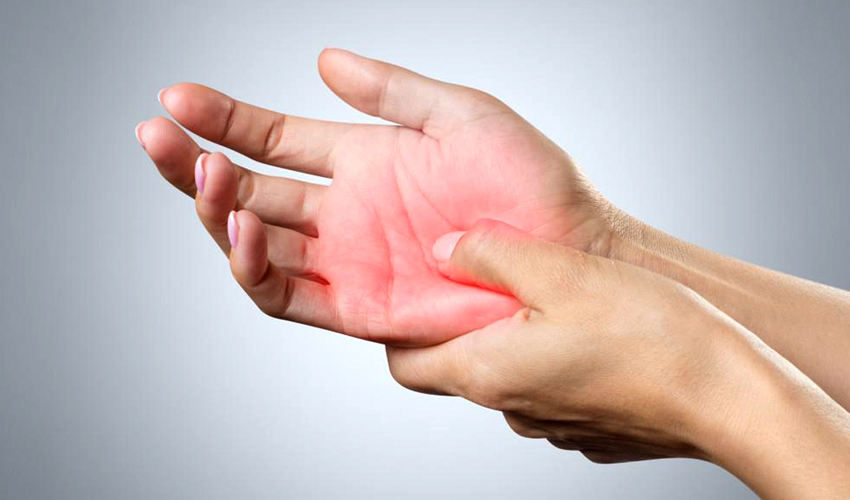Peripheral Neuropathy

Peripheral Neuropathy
Peripheral neuropathy refers to damage to the peripheral nerves, which are the nerves outside of the brain and spinal cord. These nerves transmit signals between the central nervous system and the rest of the body, including the limbs, organs, and skin. Peripheral neuropathy can cause a wide range of symptoms, depending on which nerves are affected and the underlying cause.
Some common symptoms of peripheral neuropathy include:
-
Numbness or Tingling: People with peripheral neuropathy often experience numbness, tingling, or a "pins and needles" sensation in the hands, feet, arms, or legs. This can make it difficult to feel sensations such as touch, temperature, or pain.
-
Burning or Shooting Pain: Some individuals may experience sharp, shooting, or burning pain in the affected areas. The pain can be constant or intermittent and may worsen at night.
-
Muscle Weakness: Peripheral neuropathy can cause muscle weakness or difficulty with coordination and balance. This can lead to difficulty walking, frequent falls, or clumsiness.
-
Sensitivity to Touch: Some people with peripheral neuropathy may experience heightened sensitivity to touch, known as allodynia, or increased pain in response to stimuli that are not typically painful, such as light touch or clothing rubbing against the skin.
-
Loss of Reflexes: Damage to the peripheral nerves can result in diminished or absent reflexes, such as the knee-jerk reflex.
-
Changes in Skin, Hair, and Nails: Peripheral neuropathy can affect the skin, causing changes in texture, color, or temperature. It may also lead to thinning or loss of hair and alterations in nail growth.
Peripheral neuropathy can have many different causes, including:
- Diabetes mellitus (diabetic neuropathy)
- Traumatic injury or compression of nerves
- Infections (such as shingles, HIV, or Lyme disease)
- Autoimmune diseases (such as Guillain-Barré syndrome or lupus)
- Vitamin deficiencies (especially vitamin B12 or folate)
- Toxic exposure (such as chemotherapy drugs, heavy metals, or alcohol)
- Genetic factors
- Certain medications
Treatment for peripheral neuropathy focuses on managing symptoms and addressing the underlying cause when possible. This may include:
-
Medications: Pain relievers, such as over-the-counter or prescription medications, may be used to help manage neuropathic pain. Other medications, such as anticonvulsants or antidepressants, may also be prescribed to help alleviate symptoms.
-
Physical Therapy: Physical therapy can help improve strength, flexibility, and balance, as well as reduce pain and improve mobility.
-
Transcutaneous Electrical Nerve Stimulation (TENS): TENS therapy involves the use of a device that delivers small electrical impulses to the affected area, which can help relieve pain.
-
Lifestyle Modifications: Making lifestyle changes such as maintaining a healthy diet, managing blood sugar levels (for individuals with diabetes), avoiding alcohol and tobacco, and protecting the feet from injury can help prevent further nerve damage and improve symptoms.
-
Alternative Therapies: Some people find relief from peripheral neuropathy symptoms through complementary and alternative therapies such as acupuncture, massage, or biofeedback.
It's important for individuals with peripheral neuropathy to work closely with a healthcare professional to develop a personalized treatment plan tailored to their specific needs and symptoms. They can help identify the underlying cause of the neuropathy and recommend the most appropriate interventions to manage symptoms and improve quality of life.




